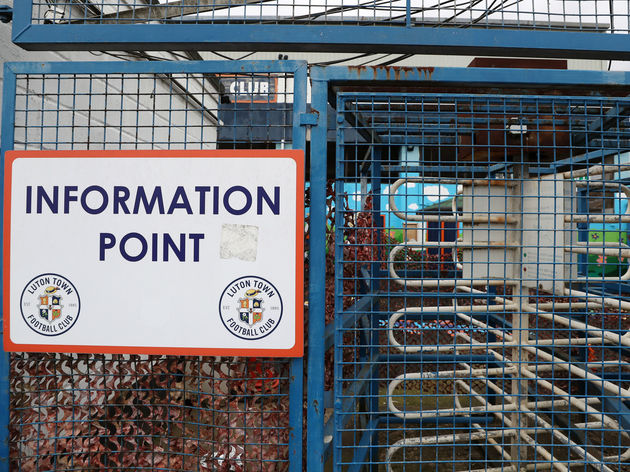The coronavirus outbreak has seen all sport come to an abrupt halt, leaving a substantial void in many people’s weekly routines.
The pandemic has changed so many aspects of individual’s lives, and the absence of sport pales into insignificance in comparison to the suffering that so many are currently facing.
But for a large number of people, sport provides a distraction from the day to day struggles, and in times like this, it is needed more than ever.

The BBC acted swiftly following the outbreak, adapting in the face of the government’s lockdown guidelines to continue to provide sporting content despite the absence of anything live, offering a slice of normality for people in the uncertain climate.
Speaking to 90min, Steve Rudge, BBC Sport’s lead executive of football, said: “One of the key things we discussed as a team and thought was quite important was to have some sort of sense of normality in life and to have those regular BBC football programmes or slots where audiences would expect to see football or sport to try and continue.
“That’s why having some football in that BBC Match of the Day 10:30 slot we think is quite important.
“It was trying to build a schedule on what we normally do, and it’s amazing to see our teams deliver the last three or four weekends almost four brand new programmes every Saturday, whilst working from home with brand new technology.

The BBC could not predict the scale and the suddenness to which society would grind to a halt. However, the broadcaster did have some pre-recorded links for Football Focus and Match of the Day X, enabling the immediate weekend schedules to be filled, and giving them time to produce fresh content.
“We pre-recorded a lot of links to create ‘best of’ programmes,” Rudge added. “They were the first things you saw over those first two weekends, and that probably just bought us maybe another week or so just to get a few more concrete plans in place about how we can then go back and build that normal schedule.
“That allowed us to have discussions with our technical teams – how in the current climate do we ever get a camera in Gary [Lineker] or Dan Walker’s house, how do we get microphone kits to all the people who work on the radio, how do we make all these things happen?”
The BBC have tapped into people’s nostalgia soft spots with Match of Their Day and World Cup Rewind, and have stimulated debate with the Match of the Day: Top 10 Podcast.
“We’re lucky that the podcast commissioned by BBC Sounds to dovetail and work alongside Match of Day the TV show had been filmed but only for promotional clip usage,” Rudge said.
“But the footage was good enough to take to BBC One, so out of this adversity this TV programme was born out of a brilliant podcast commission.
“In a time when people are not as connected as normal because they cannot go and meet their friends in the pub, and can’t engage in that debate, to suddenly see three footballing legends on a Saturday night, all conducting a good football debate like you would do with your friends over Zoom I think is really relatable to people.”

The BBC have drafted out their schedule for April and May so that it mirrors the regular football season, with FA Cup nostalgia planned for FA Cup weekends, and final day of the season content penned in for 17 May.
“We’ve plotted out quite a lot between now and May, and then we’re working out the final plans for some sort of summer of sport across the BBC, for all manner of sports that might bring joy to the biggest audiences as possible, and football will very firmly be a part of that in June.
“We’re not in any position to know what or when [football might return], we’ll just work with all the sporting bodies, when they work out what they might want to do to bring football back, and to be fair to the FA, Premier League, UEFA, FIFA have all been very supportive not just to us at the BBC but I think to all broadcasters in helping us work with them and understanding the needs of audiences, who want to try and see some action, so it’s a big thank you to them as well.”
